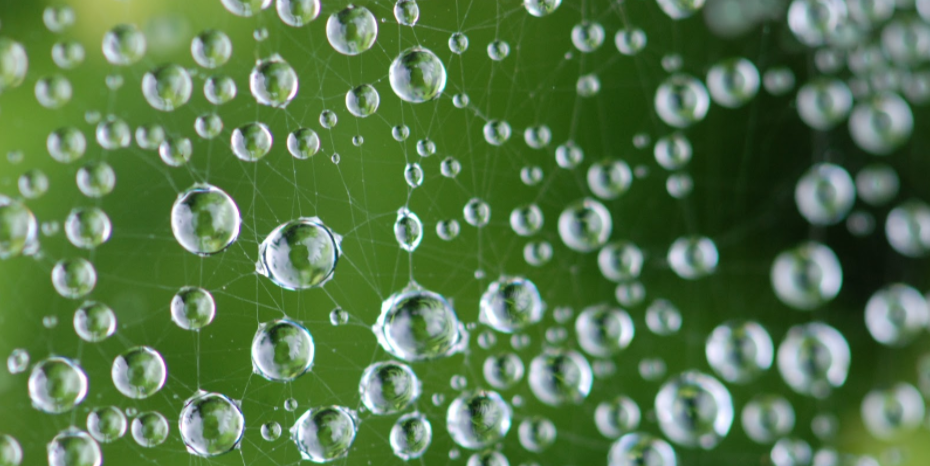Center for Excellence in Teaching and Learning
Kresge Library, Room 430
100 Library Drive
Rochester,
Michigan
48309-4479
(location map)
(248) 370-2751
[email protected]

Indigenous Approaches to Teaching
Earlier this year, OU announced its official land acknowledgement, which the Oakland Post shared while acknowledging the work of the OU faculty and students who diligently worked on its development. The land acknowledgment’s last sentence states:
A deep understanding of Native peoples’ past and present informs the teaching, research, and community engagement of the university in its ongoing effort to elevate the dignity of all people and serve as shared stewards of the land.
How can a deeper understanding of Native people’s past and present inform our teaching? The moment seems crucial to “elevate the dignity of all people and serve as shared stewards of the land.” Where should we invest our resources? How can we sow the seeds of positive change and cultivate an environment that sustains us and restores harmed peoples and lands? Indigenous perspectives on teaching and learning can help us answer these questions and sustain our surrounding ecologies, our communities, our learning environments, and ourselves. This teaching tip highlights three resources from CETL’s Indigenous Teaching and Learning Practices resource collection. While Indigenous cultures are greatly diverse, these and other resources focusing on teaching in higher education yield some patterns, such as an emphasis on storytelling and listening, community-mindedness, and seeing our learning as happening with physical motion and our tangible surroundings.
Three Recommendations
Indigenous wisdom by an Indigenous scholar: Thread from Autumn A. Blackdeer
Blackdeer lists eight ways to start thinking about teaching practices that reflect Indigenous values, collected from seven Indigenous scholars and herself. This list is meant to be a starting point to decolonizing whole practices and environments rather than decolonizing a single course document or ticking items on the DEI checklist.
Stop Talking: Indigenous Ways of Teaching and Learning and Difficult Dialogues in Higher Education (open access book)
Stop Talking is created to facilitate faculty development over a long period of time, but can also be used individually to reflect on higher education institutions and larger educational practices, centering the perspectives of Alaskan natives. One practitioner in this program and book spoke on the ThinkUDL Podcast: Indigenous Ways of Teaching, Learning & Being with Libby Roderick (64 minutes, with transcript and resources).
Supporting Indigenous Culture with Liz Stone (podcast episode, with transcript and resources)
In Supporting Indigenous Culture, Liz Stone, the Academic Chair, Indigenous Studies at Fleming College in Peterborough, Ontario, Canada, discussed emotion and experience, and how and why we should value things such as holistic learning in which we engage the physical, mental, spiritual, and emotional parts of our brain. She also focused about the importance of intersectionality, stories, relationships, and the environment to our constant state of learning.
Conclusion
As a scholar and friend wrote recently, “[The land acknowledgement] often exists in the disembodied space of the internet. What of the land itself?” (West, 2021). What of our campus, our classrooms, our learning communities, and even the places and people we bring with us whenever we learn and work together online? These three pieces can be a start to further curiosity and exploration: Begin to inquire with your professional organizations on Indigenous approaches to your field of study, how these perspectives may help distinguish which ways of knowing and values come from colonized influences. Invite students to engage this exploration as well, to “elevate the dignity of all people and serve as shared stewards of the land” (Oakland University’s Land Acknowledgement).
Faculty on campus have already been incorporating Indigenous practices and values in their teaching. Those who would like to share how they do this are encouraged to reach out to [email protected] to offer resources to add to this teaching collection or to share their experiences in other ways.
References and Resources
Indigenous Perspectives in Teaching and Learning: CETL Resource Collection
Autumn A. BlackDeer, MSW. See her thread on integrating Indigenous practices into teaching (08/19/2021)
Indigenous Ways of Teaching, Learning & Being with Libby Roderick (64 minutes), from the ThinkUDL Podcast. December 2020
Merculieff, I., & Roderick, L. (2013). Stop Talking: Indigenous Ways of Teaching and Learning and Difficult Dialogues in Higher Education (free PDF of book). University of Alaska Anchorage. See also the partner book Start Talking: A Handbook for Engaging Difficult Dialogues in Higher Education.
Supporting Indigenous Culture with Liz Stone (60 minutes), from the ThinkUDL Podcast. January 2020
Thomas, J. (2021, October 25). The people behind OU’s Land Acknowledgement Statement. Oakland Post Online.
West, A. (2021, June 30). Can Detroit return its Brownfields to the Indigenous sacred sites they once were? Yes! Magazine
Save and adapt a Google Doc version of this teaching tip.
Written by Christina Moore, Center for Excellence in Teaching and Learning at Oakland University. Others may share and adapt under Creative Commons License CC BY-NC. View all CETL Weekly Teaching Tips. Follow these and more on Facebook, Twitter, and LinkedIn.



